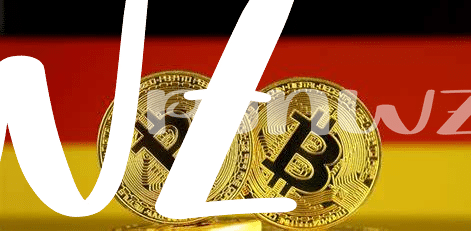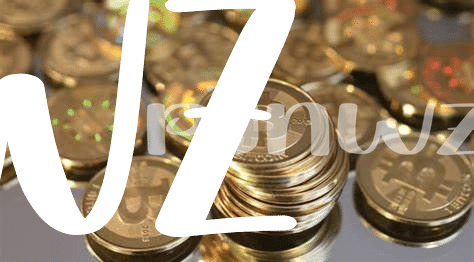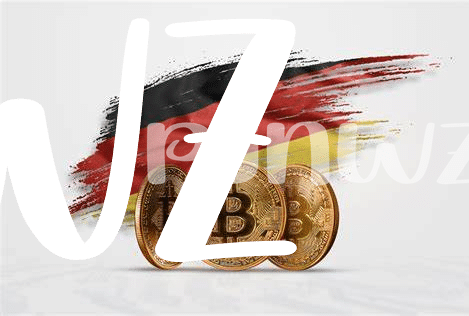Understanding Legal Framework 📜

The legal framework surrounding Bitcoin investments in Germany is complex yet vital for investors to grasp. Understanding the regulations and guidelines set forth by authorities is crucial for navigating the cryptocurrency landscape with confidence. From the licensing requirements to AML (Anti-Money Laundering) regulations, knowing the legal landscape can provide a strong foundation for making informed investment decisions.
| Legal Aspect | Key Points |
|————–|————|
| Licensing Requirements | Understand the criteria and process for obtaining necessary licenses. |
| AML Regulations | Comprehend the Anti-Money Laundering regulations applicable to Bitcoin investments. |
| Data Protection Laws | Be aware of how data protection laws may impact your investments. |
Compliance Requirements for Investors 💼
Navigating the world of Bitcoin investments in Germany requires a solid grasp of compliance requirements. Investors must adhere to legal regulations, ensuring transparency, security, and accountability in their financial activities. Understanding the laws surrounding cryptocurrency investments is crucial to avoid regulatory pitfalls and potential penalties. Compliance with reporting obligations and tax requirements is essential to maintain a healthy investment portfolio and uphold the integrity of the financial system. By following these guidelines, investors can protect their assets, mitigate risks, and contribute to a thriving digital economy. Keeping abreast of regulatory updates and industry standards is key to making informed investment decisions and fostering a compliant investment environment. Partnering with reputable service providers and staying vigilant against potential scams can further safeguard investors from fraudulent schemes and ensure long-term financial stability in the evolving landscape of cryptocurrency investments.
Tax Implications and Reporting Obligations 💸

Understanding the tax implications and reporting obligations of investing in Bitcoin in Germany is crucial for investors. Germany considers Bitcoin as private money, imposing capital gains tax on profits generated from the sale or exchange of virtual currencies. Investors are required to keep detailed records of their transactions, including purchase price, sales price, and dates, to accurately report their gains or losses to the tax authorities. Failure to comply with these reporting obligations can result in penalties or audits by the tax authorities. It’s essential for investors to stay updated on the ever-evolving tax regulations surrounding Bitcoin investments to ensure full compliance with the law.
Risks and Regulatory Considerations ⚖️

When delving into the realm of Bitcoin investments, it’s essential to acknowledge the numerous risks and regulatory considerations that accompany this burgeoning market. The volatile nature of cryptocurrencies, coupled with the ever-evolving regulatory landscape, poses challenges for investors seeking to navigate this space securely. Understanding the potential threats, such as market fluctuations, security breaches, and regulatory uncertainties, is crucial for making informed investment decisions in the realm of Bitcoin. By staying vigilant and abreast of the latest regulations and industry developments, investors can mitigate risks and enhance their overall investment strategies.
For further insights on regulatory guidance in the cryptocurrency realm, especially in different global contexts, one can explore the impact of ESMA guidelines on Bitcoin investment in France. This comprehensive resource provides valuable information on navigating the regulatory landscape in Ghana and sheds light on the evolving dynamics of Bitcoin investments within various jurisdictions. By leveraging such regulatory insights, investors can bolster their compliance efforts and make informed decisions that align with legal requirements and industry best practices.
Best Practices for Safe Investments 🔒
Best Practices for Safe Investments in the realm of Bitcoin involve diligent research, prudent decision-making, and robust security measures. Conduct thorough due diligence on the investment opportunities, scrutinizing the project’s credibility, track record, and compliance with regulatory standards. Verify the legitimacy of the platform, ensuring it aligns with German legal requirements for investor protection.
Implement multi-factor authentication and cold storage solutions to safeguard your digital assets from potential cyber threats. Stay informed about the latest security protocols, and consider diversifying your investment portfolio to minimize risk. By following these best practices, investors can navigate the dynamic landscape of Bitcoin investments in Germany with confidence and resilience.
“`html
| Key Steps for Safe Investments |
|---|
| 1. Conduct thorough due diligence |
| 2. Verify platform legitimacy |
| 3. Implement strong security measures |
| 4. Stay informed on security protocols |
| 5. Diversify investment portfolio |
“`
Future Trends and Industry Outlook 🔮

In the vast landscape of Bitcoin investments, the future holds exciting prospects and developments. Technological advancements are expected to play a pivotal role, with innovations like blockchain scalability solutions and improved security measures shaping the industry. Additionally, as regulatory frameworks continue to evolve and mature, a more stable and secure environment for investors is envisioned. Collaboration between industry players and regulatory bodies is key to fostering trust and legitimacy within the sector. Moreover, the increasing integration of digital assets into mainstream finance indicates a broader acceptance and adoption of cryptocurrencies. Keeping abreast of these emerging trends and staying informed about market dynamics will be crucial for investors looking to navigate the dynamic landscape of Bitcoin investments.
Regulatory guidance on bitcoin investments in France
